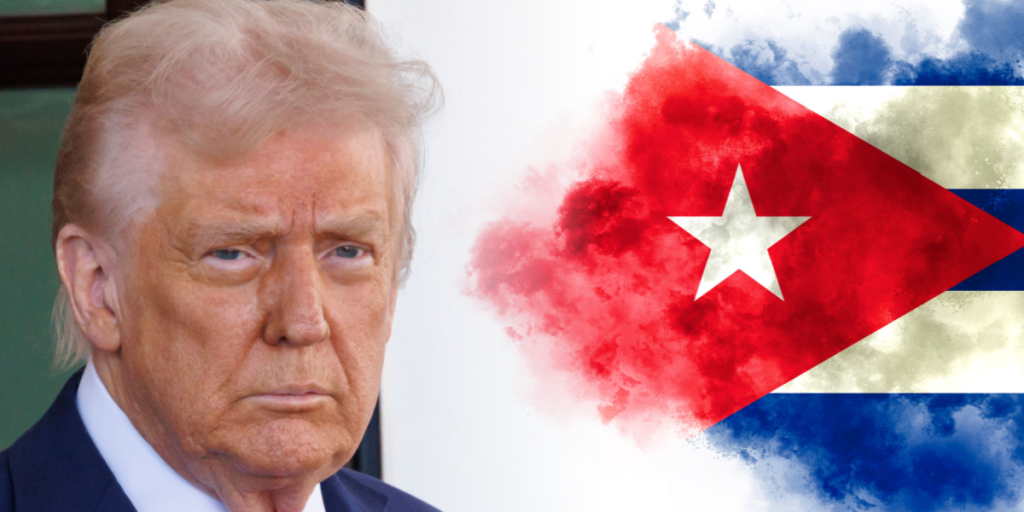If the claims are true, it will make Cuba the second-largest contributor of fighters to the Russian army.
Others are reading now
If the claims are true, it will make Cuba the second-largest contributor of fighters to the Russian army.
What is happening?
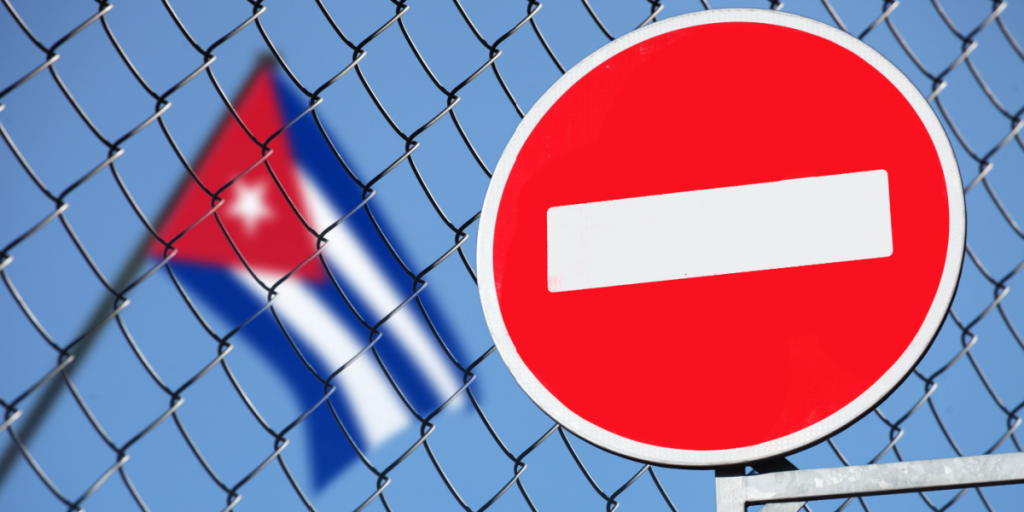
The Trump administration is orchestrating a global diplomatic campaign to oppose an upcoming U.N. resolution urging the U.S. to lift its decades-old embargo on Cuba, Reuters reports.
A State Department cable obtained by Reuters outlines a strategy aimed at shifting international sentiment by portraying Cuba as an ally of Russia’s war effort in Ukraine.
Cuba accused of backing Russia in Ukraine war
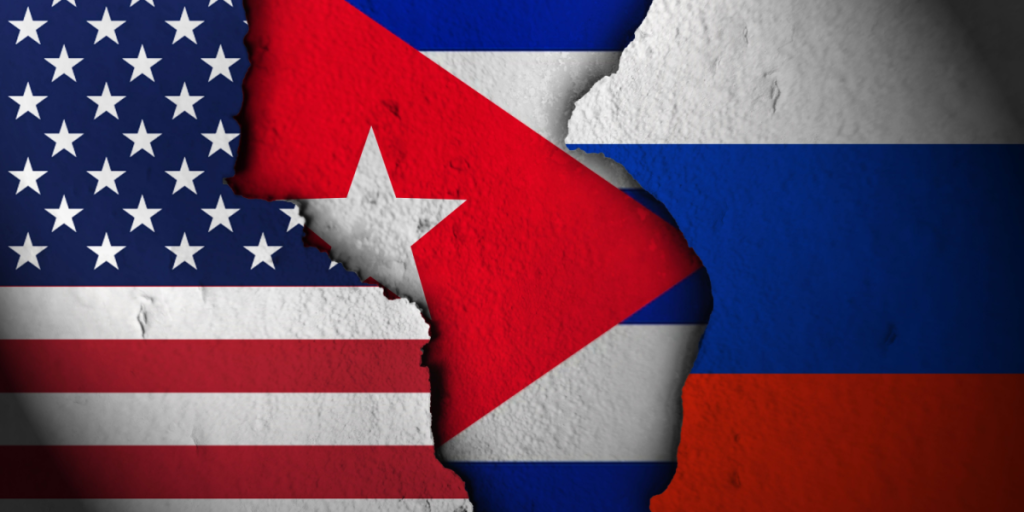
At the heart of the U.S. argument: allegations that between 1,000 and 5,000 Cuban nationals are fighting alongside Russian troops in Ukraine.
If the claims are true, Cuba is second only to North Korea in contributing foreign fighters to the conflict.
Also read
New messaging for old opposition
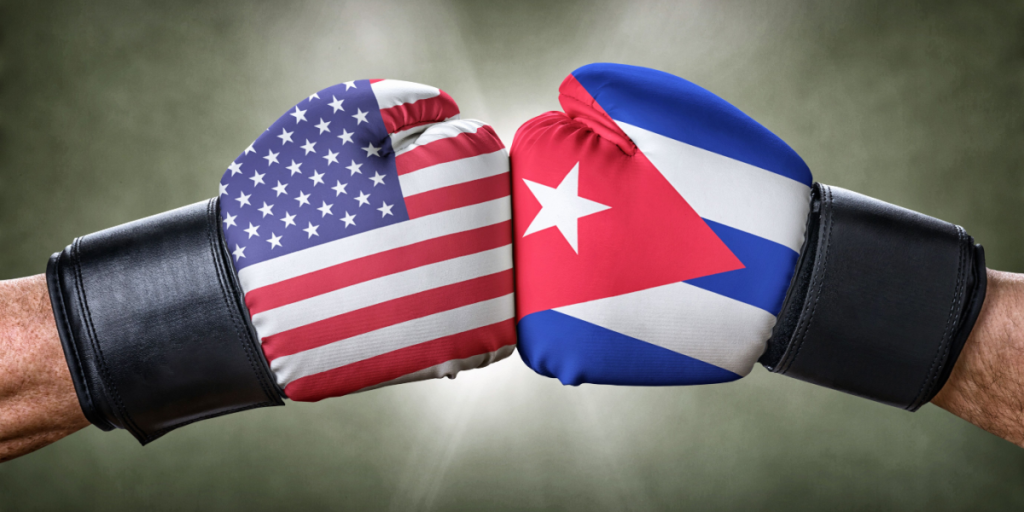
While the U.S. has long opposed the U.N. resolution, this year’s messaging takes a sharp turn.
Rather than focusing solely on legal nuances or humanitarian exemptions, the Trump administration is now tying Cuba to global conflict, positioning the embargo as a tool to counter aggression and defend democratic values.
Washington seeks “No” votes, but will take abstentions
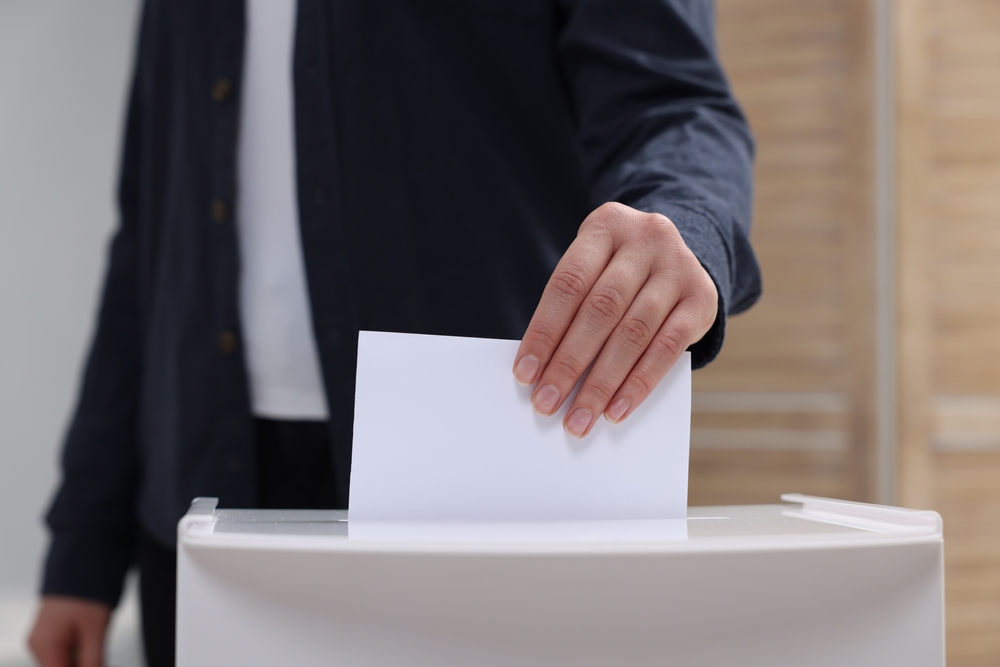
The unclassified document, dated October 2, instructs diplomats to encourage countries to vote against the resolution.
However, it notes that abstentions or absences would also be considered diplomatic wins.
The goal is to significantly reduce the number of nations supporting Cuba in the General Assembly.
Also read
Annual U.N. resolution still garners global backing
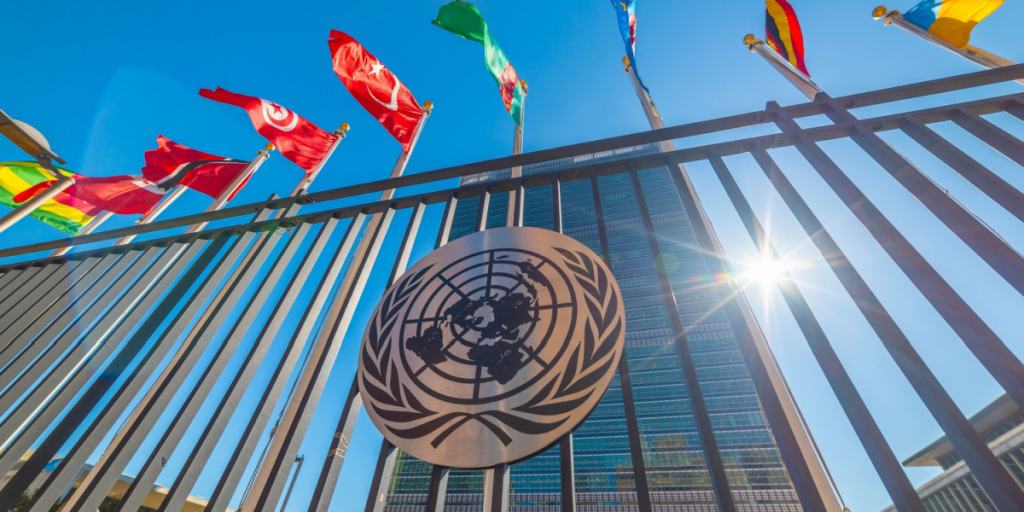
The non-binding resolution has passed with overwhelming support every year since 1992.
In 2022, 187 countries voted in favor, while only the United States and Israel opposed. Moldova abstained.
Despite the symbolic nature of the vote, Washington sees it as a key diplomatic battleground.
Cuba yet to respond
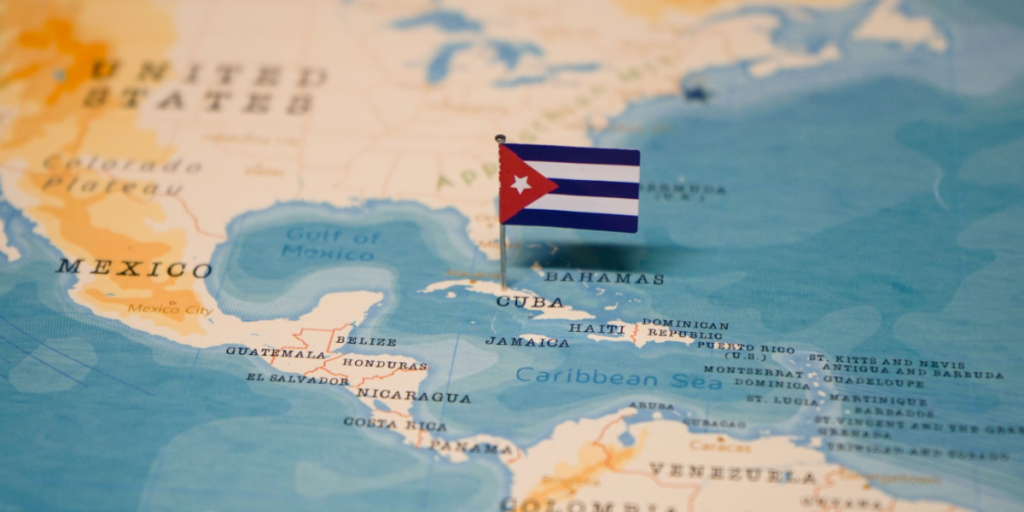
Cuban officials at the United Nations have not issued any public statements in response to the U.S. claims.
The accusations — particularly about Cuban mercenaries in Ukraine — represent a significant escalation in the rhetoric surrounding the embargo and the broader U.S.-Cuba relationship.
Also read
Trump doubles down on sanctions
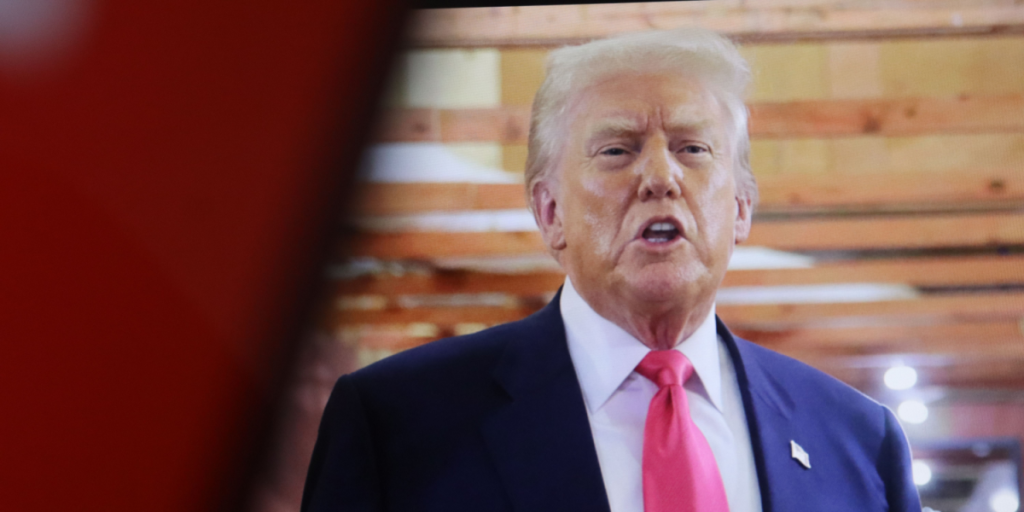
Since returning to office, President Trump has hardened his stance on Cuba.
His administration re-added the island to the list of state sponsors of terrorism, tightened financial and travel restrictions, and sanctioned foreign nationals hosting Cuban medical missions — a major source of Cuba’s income abroad.
Cracking down on Cuba, pressuring Russia
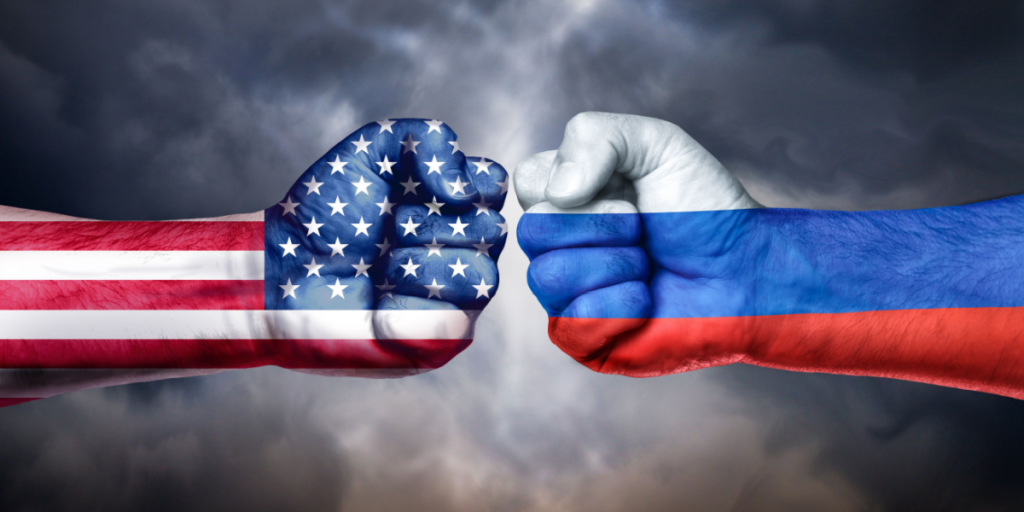
Trump has also stepped up his approach to Russia, threatening sanctions on buyers of Russian oil and greenlighting U.S. intelligence sharing with Ukraine.
Officials now argue that Cuba’s support for Russia further justifies renewed pressure on Havana and greater coordination among Western allies.
U.S. pins blame for crisis on Cuban leadership
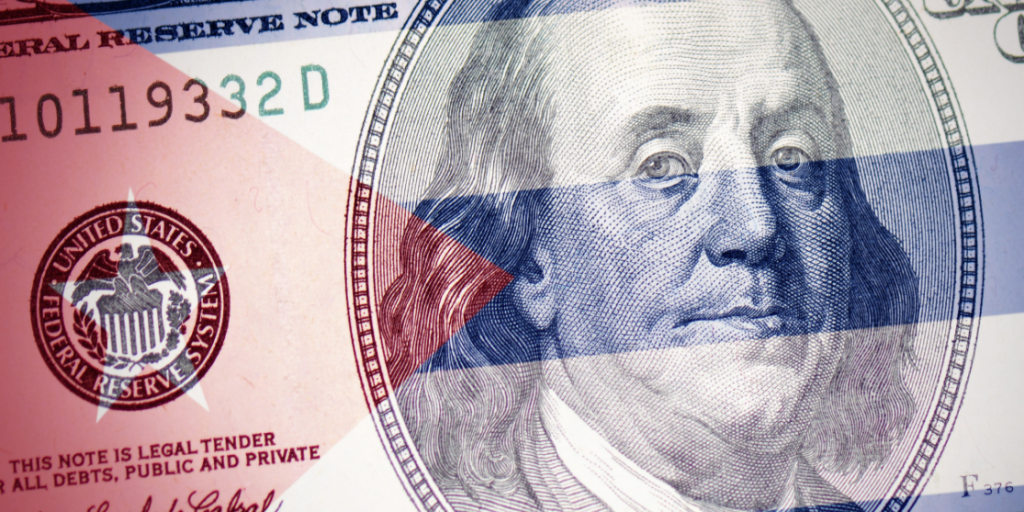
According to the cable, the U.S. wants to shift the narrative: Cuba’s deepening crisis, it argues, is the result of government mismanagement, not American sanctions.
Also read
The island is currently enduring its worst economic downturn in decades, with severe shortages, collapsing infrastructure, and rampant inflation.
Cuban mercenary claims raise alarm
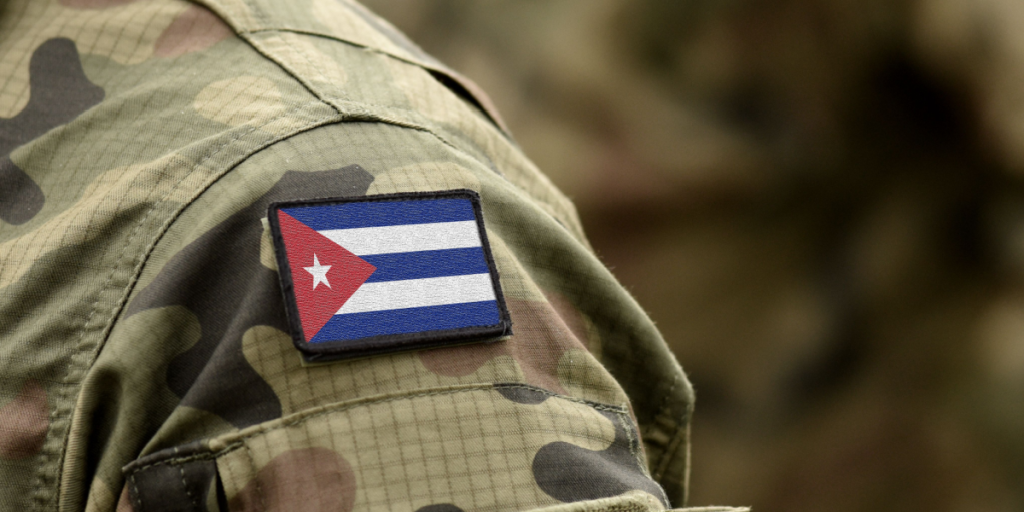
The cable calls attention to alleged recruitment of Cuban nationals as foreign fighters in Ukraine.
Ukrainian officials have reportedly warned U.S. lawmakers about the growing scale of this effort, describing it as a deliberate strategy by Russia to supplement its front lines with foreign manpower.
Human rights arguments lose traction
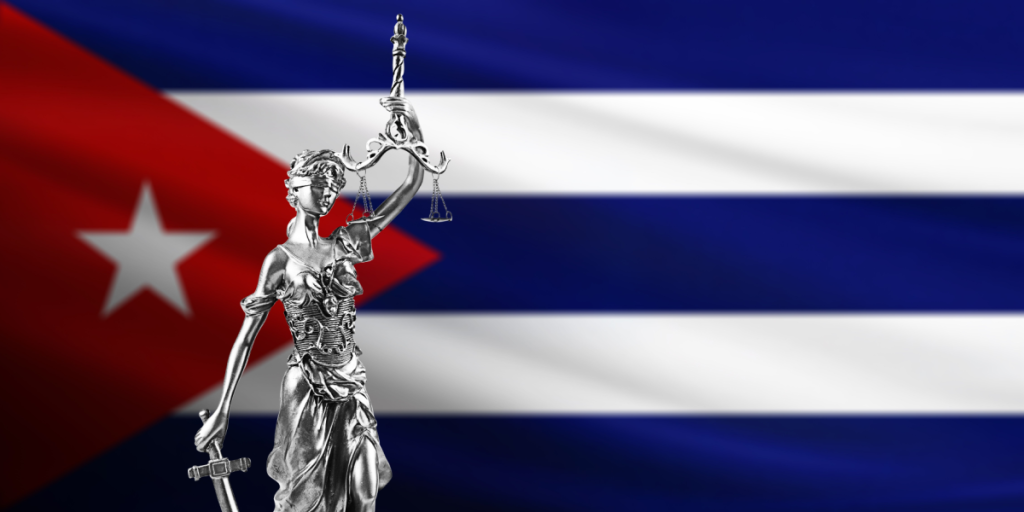
In previous years, the U.S. attempted to sway votes by pointing to Cuba’s poor human rights record and U.S. exemptions for food and medicine.
This year’s pivot — tying Cuba to global conflict — is seen as a more persuasive, high-stakes argument.
Also read
Regional tensions heating up
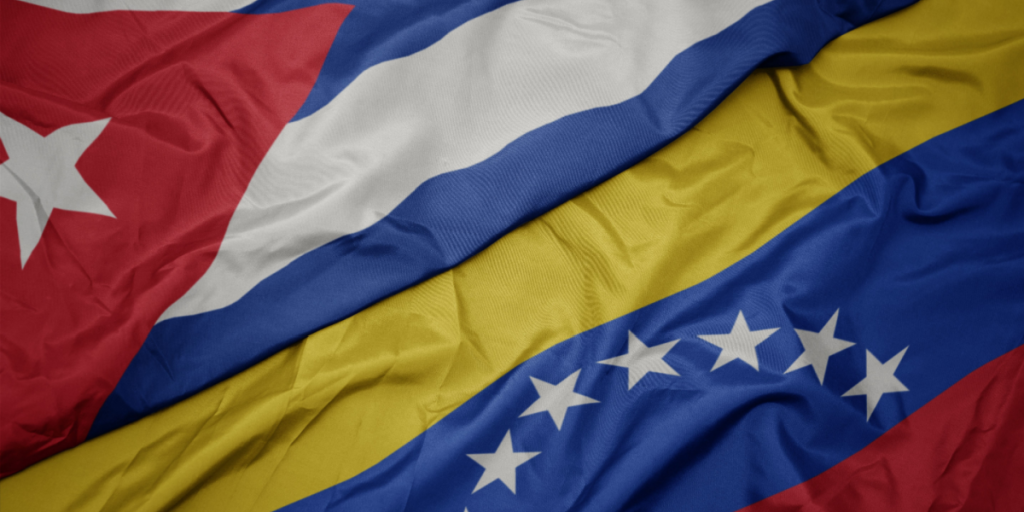
Beyond Ukraine, the U.S. is concerned about Cuba’s influence in the Western Hemisphere, particularly its ties to Venezuela.
Recent U.S. military strikes targeted drug-running boats out of Venezuela. In response, Cuba’s foreign minister accused Washington of using drug enforcement as a cover for military aggression.
Cuba warns of escalation
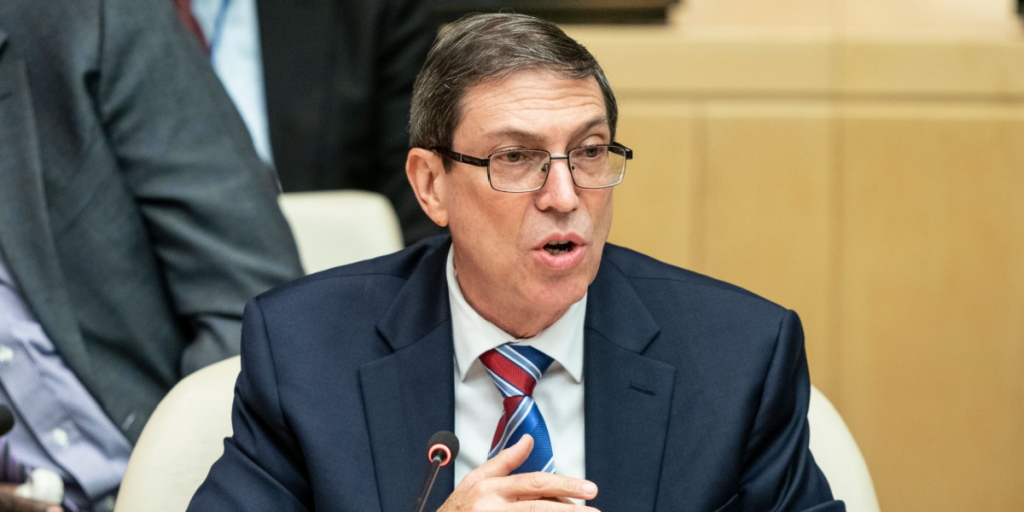
On October 4, Cuban Foreign Minister Bruno Rodríguez denounced U.S. actions in the region and urged the U.N. to prevent further escalation.
He dismissed Washington’s justification for Caribbean military operations as a “crude and ridiculous pretext,” warning of a wider regional conflict stoked by U.S. aggression.

